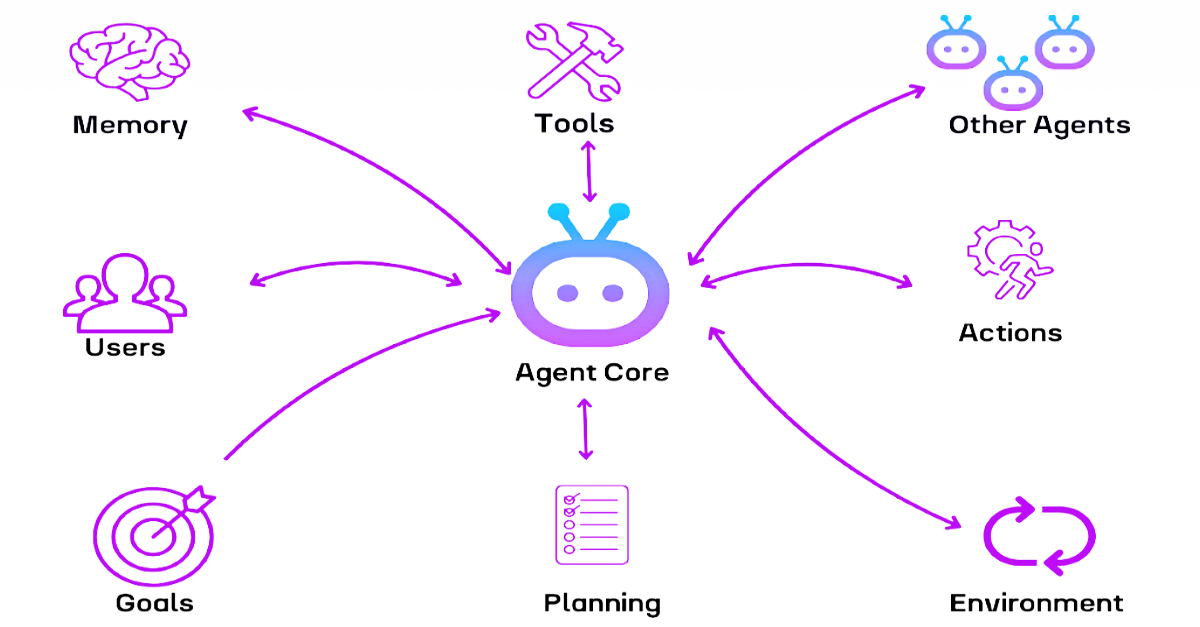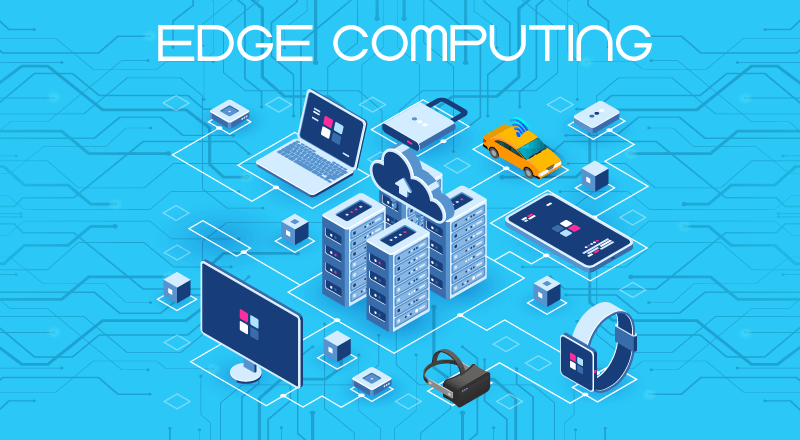Introduction to Agentic AI
In the rapidly evolving landscape of technology, businesses are constantly seeking innovative solutions to enhance efficiency and productivity. Enter Agentic AI—a game-changing force that goes beyond traditional automation tools like chatbots. While chatbots have made customer interactions smoother, Agentic AI takes it a step further by actively learning, adapting, and making decisions in real time. This revolutionary approach is reshaping business operations across various industries.
Imagine an intelligent system that not only handles repetitive tasks but also analyzes data patterns and provides strategic insights. That’s the power of Agentic AI at work! As companies look for ways to streamline their processes and improve decision-making, understanding how this advanced technology can be integrated into daily operations becomes essential. Let’s explore what makes Agentic AI unique and how it’s transforming the way businesses operate today.
How Agentic AI differs from traditional chatbots
Agentic AI represents a significant leap beyond traditional chatbots. Unlike their predecessors, which rely heavily on pre-defined scripts and keyword recognition, Agentic AI utilizes advanced machine learning algorithms to understand context and intent.
This technology enables more dynamic interactions. Instead of limited responses, Agentic AI can engage in meaningful conversations that adapt based on user input.
Furthermore, while traditional chatbots excel at handling straightforward inquiries, Agentic AI can tackle complex tasks by integrating with various systems. This capability transforms customer service from simple question-and-answer exchanges into holistic problem-solving experiences.
Another key distinction lies in self-learning abilities. As users interact with Agentic AI, it continuously refines its approach through data analysis. This results in increasingly personalized and effective communication over time.
With such advancements, businesses are finding new ways to enhance efficiency and engagement without the constraints associated with standard automation tools.
Real-world applications of Agentic AI in business operations
Agentic AI is transforming how businesses operate across various sectors. In customer service, it takes personalization to the next level by analyzing user behavior in real-time and adapting responses accordingly. This creates seamless interactions that enhance customer satisfaction.
In supply chain management, Agentic AI improves efficiency by predicting demand fluctuations. It can process vast amounts of data to optimize inventory levels, reducing waste and ensuring products are available when needed.
Financial services also benefit significantly. Agentic AI models analyze transaction patterns to detect fraud proactively, safeguarding assets while maintaining a smooth user experience.
Moreover, marketing teams leverage this technology for targeted campaigns. By understanding consumer preferences more deeply, companies can create tailored messaging that resonates with specific audience segments.
HR departments utilize Agentic AI for recruitment processes as well. Automated candidate screening allows hiring managers to focus on top talent quickly without sacrificing quality in their selections.
Benefits of implementing Agentic AI in business operations
Implementing Agentic AI in business operations unlocks a myriad of advantages. One major benefit is increased efficiency. By automating routine tasks, teams can focus more on strategic initiatives rather than getting bogged down by mundane processes.
Another significant advantage is enhanced decision-making. With real-time data analysis capabilities, Agentic AI provides actionable insights that help businesses stay ahead of trends and make informed choices swiftly.
Cost reduction also plays a crucial role. Businesses can save resources by minimizing errors and streamlining workflows through intelligent automation.
Furthermore, customer satisfaction improves as Agentic AI personalizes interactions based on individual preferences and behaviors. This tailored approach fosters loyalty and drives repeat business.
Scalability becomes effortless with Agentic AI solutions. Companies can easily adapt to changing demands without overhauling their entire operational structure, ensuring they remain agile in a competitive landscape.
Challenges and limitations of using Agentic AI
Implementing Agentic AI comes with its own set of challenges. One significant hurdle is the complexity of integration into existing systems. Businesses often face compatibility issues, which can lead to increased costs and extended timelines.
Data privacy also poses a major concern. As these systems gather and analyze vast amounts of information, ensuring user data remains secure is critical. Companies must navigate regulatory landscapes while maintaining trust.
Moreover, there’s the risk of over-reliance on technology. Businesses might overlook human intuition and creativity that are vital in decision-making processes.
Training employees to work alongside Agentic AI requires time and resources. Without proper education, staff may struggle to maximize the benefits these intelligent systems offer, leaving potential untapped in their operations.
Ethical considerations for the use of Agentic AI
The rise of Agentic AI brings forth a myriad of ethical dilemmas. As these systems become more autonomous, questions about accountability and decision-making arise. Who is responsible when an AI makes a mistake? This ambiguity can create significant challenges for businesses.
Data privacy is another pressing concern. Agentic AI often requires vast amounts of data to function effectively. Organizations must ensure that they handle this information with care, respecting user consent and safeguarding against breaches.
Bias in AI algorithms poses yet another risk. If the underlying data reflects societal biases, the outcomes generated by Agentic AI can perpetuate or even exacerbate inequalities. Businesses need to be vigilant in assessing their models to promote fairness.
Transparency should not be overlooked. Users should understand how decisions are made by these systems. Fostering trust requires openness about the capabilities and limitations of Agentic AI technologies.
The future of Agentic AI and its potential impact on business operations
The future of Agentic AI holds immense promise for business operations. As technology continues to evolve, it is likely that Agentic AI will become increasingly sophisticated. This advancement could lead to deeper integrations into various aspects of business processes.
Imagine a world where decision-making is not only informed by data but also enhanced by intelligent agents that can predict outcomes with remarkable accuracy. Businesses may leverage these insights to optimize workflows and enhance productivity through seamless process automation.
With the potential for real-time adaptability, organizations could respond swiftly to market changes or customer needs, creating a more agile environment. The impact on efficiency and cost savings would be significant, allowing companies to allocate resources more strategically.
Moreover, as businesses embrace this innovative technology, ethical considerations will shape its development. Striking a balance between automation and human oversight will be crucial in maintaining trust with customers and employees alike.
As we look ahead, the role of Agentic AI in shaping business operations appears both transformative and inevitable. Embracing this change now may well position businesses at the forefront of their industries in an increasingly competitive landscape.




